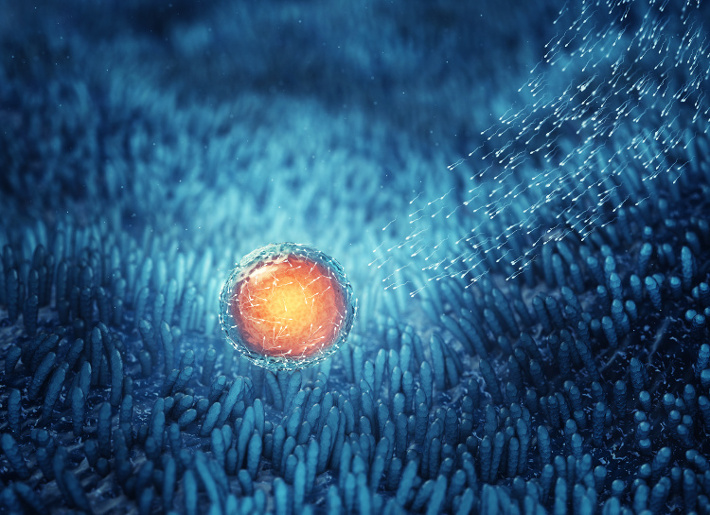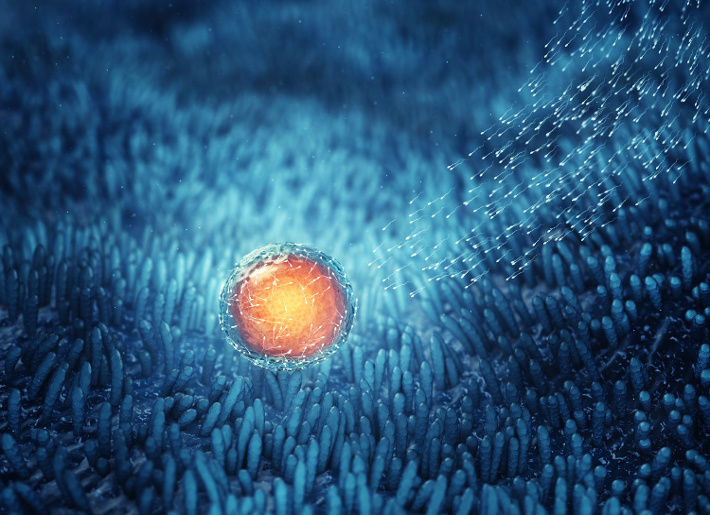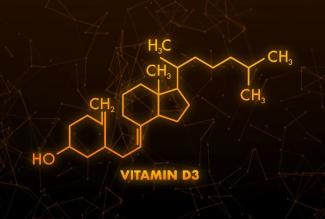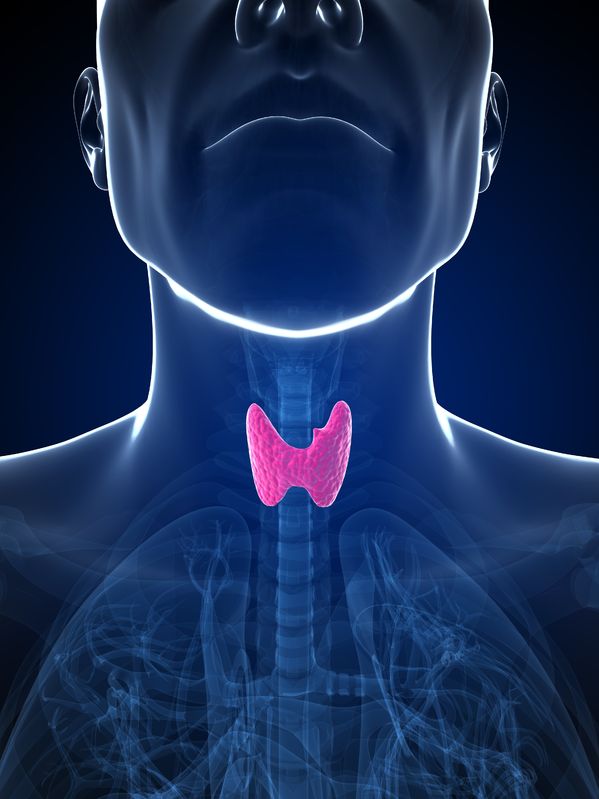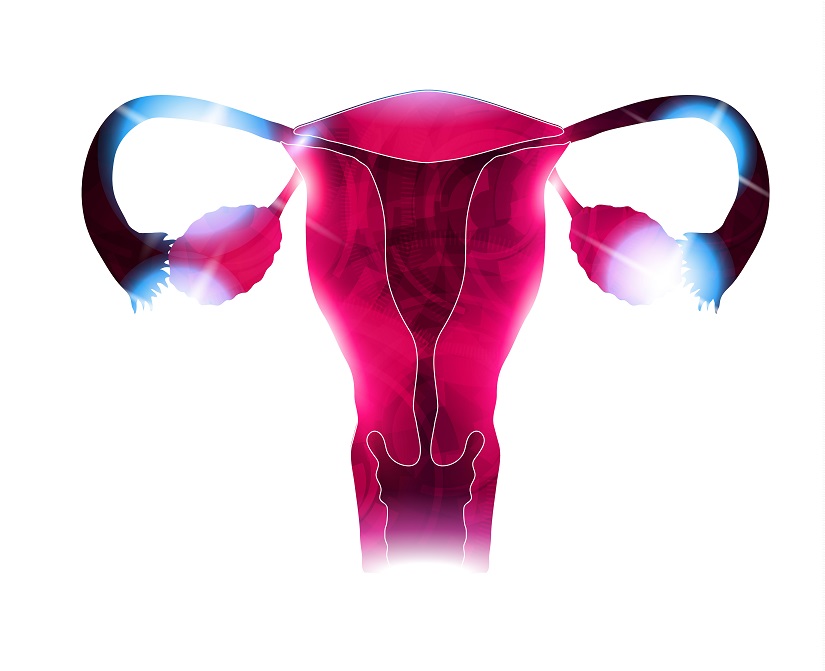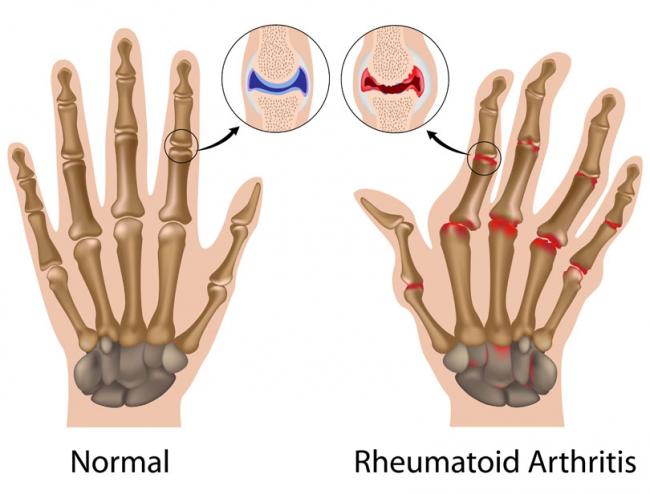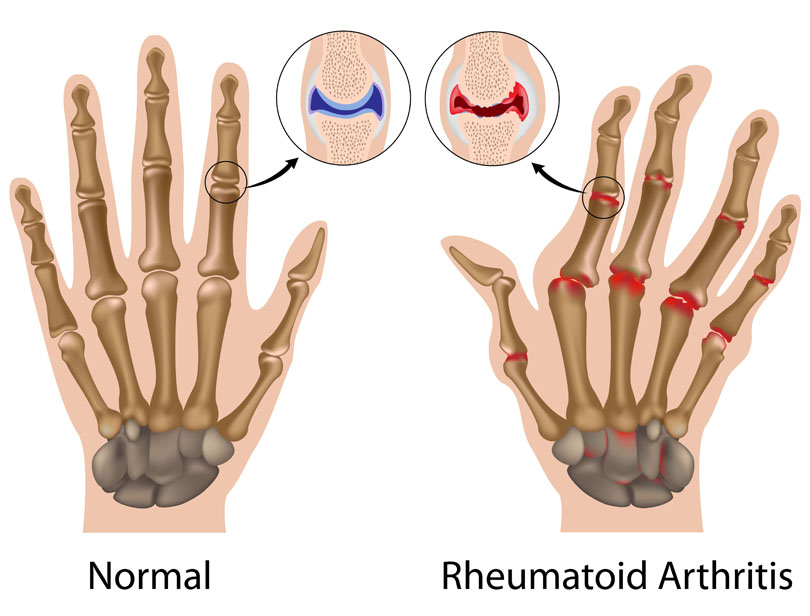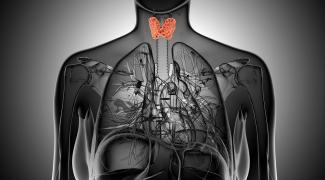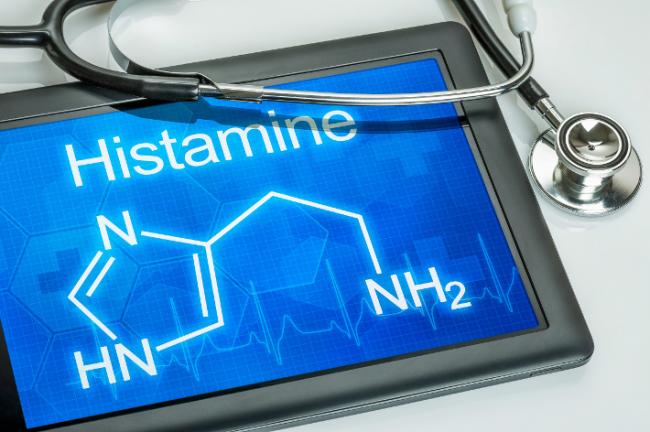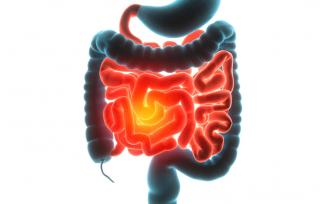Related Articles
- 22 Sep 20
It was only a matter of time before a formal human clinical study supported the countless appeals from the scientific community to administer vitamin D to patients with COVID‑19. Just completed, the results confirm what previous study correlations proposed: Vitamin D, particularly safe and accessible to all, delivers resounding health benefits.
- 17 May 18
Magnesium is the fourth most-abundant mineral in the human body, and is essential for the hundreds of metabolic and hormonal reactions occurring daily. It is generally known to be a component of bone formation (partnered with calcium), and is gaining more interest as a sleep aid due to its natural muscle relaxant properties.
- 11 Jul 17
- 07 May 15
 Sunlight has been an integral part of human evolution and the development of life on this planet. Sunlight provides energy to grow plants, providing us with food, shelter and various tools. It is also essential to regulating the seasons. Thus, it has become a necessary component of life as we know it.
Sunlight has been an integral part of human evolution and the development of life on this planet. Sunlight provides energy to grow plants, providing us with food, shelter and various tools. It is also essential to regulating the seasons. Thus, it has become a necessary component of life as we know it. - 18 Jan 17
 The diagnosis of mental-health disorders in Canada are increasing in number. One in five Canadians will personally experience a mental illness in their lifetime. Almost everyone will be affected by a mental-health disorder—either experiencing a mental-health concern themselves or having someone in their life struggle.
The diagnosis of mental-health disorders in Canada are increasing in number. One in five Canadians will personally experience a mental illness in their lifetime. Almost everyone will be affected by a mental-health disorder—either experiencing a mental-health concern themselves or having someone in their life struggle. - 19 Sep 17
- 16 Dec 22
The public awareness on nutrition has been palpable over the past few years, with people showing interest in taking charge of their health. The collective goal of achieving better health has naturally motivated people to learn more about improving their diets and using nutraceuticals. Nutraceuticals should complement a nutrient-dense diet and not replace food altogether.
- 06 Nov 14
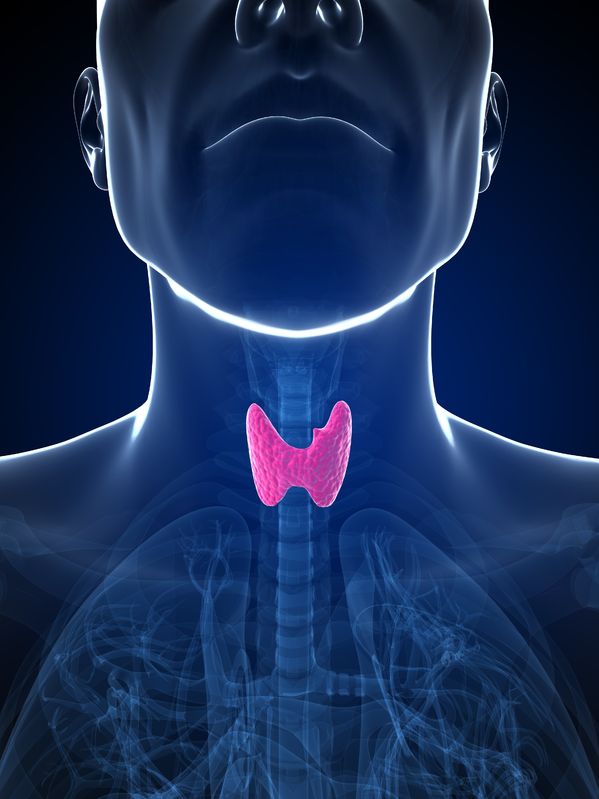 The thyroid gland is an endocrine organ responsible for metabolism in the body, regulating functions such as energy use, body temperature and heart rate. The thyroid gland first produces and secretes the hormone thyroxine (T4), generally an inactive hormone, which is then converted to its active form, triiodothyronine (T3).
The thyroid gland is an endocrine organ responsible for metabolism in the body, regulating functions such as energy use, body temperature and heart rate. The thyroid gland first produces and secretes the hormone thyroxine (T4), generally an inactive hormone, which is then converted to its active form, triiodothyronine (T3). - 20 Sep 19
 Thinking of conceiving? You may have heard about the “100 days”—the time it takes for an egg to mature. For men, it takes about 80 days for sperm to mature. During this time of development and maturation, a woman’s follicles and a man’s sperm are extremely vulnerable to DNA damage from exposure to toxins, systemic or chronic inflammation, and nutrient deficiencies. This means that for many who are ready to or are thinking of conceiving in the not-so-far future, the health of their eggs and sperm can be greatly impacted before they are even released, either during ovulation or ejaculation. This is the window that we need to take advantage of, to increase the health of our eggs and sperm to increase the odds of a viable and healthy egg, and fertilization.
Thinking of conceiving? You may have heard about the “100 days”—the time it takes for an egg to mature. For men, it takes about 80 days for sperm to mature. During this time of development and maturation, a woman’s follicles and a man’s sperm are extremely vulnerable to DNA damage from exposure to toxins, systemic or chronic inflammation, and nutrient deficiencies. This means that for many who are ready to or are thinking of conceiving in the not-so-far future, the health of their eggs and sperm can be greatly impacted before they are even released, either during ovulation or ejaculation. This is the window that we need to take advantage of, to increase the health of our eggs and sperm to increase the odds of a viable and healthy egg, and fertilization. - 18 Sep 18
When it comes to women’s cervical health, the Pap test, also known as a Pap smear, is significantly important in reducing the incidence of cervical cancer.[1]
- 22 Jan 18
You may have felt it already: the runny nose, the sore throat, that embarrassing cough. Or perhaps you’ve taken the day off work because you’ve spiked a fever, felt achy all over, and are so tired you don’t want to get out of bed. Cold and flu season is in full swing. While your local drugstore is full of conventional and natural treatment options aimed at reducing the symptoms of colds and flu, this article summarizes research that supports going back to basics in terms of nutrition and proper hygiene to help....
- 27 Aug 18
Age-defying serum to reduce wrinkles? Under-eye cream to eradicate puffiness? Deep-cleansing mask to abolish acne? Welcome to the world of cosmeceuticals—a unique and relatively new term it is. Essentially, a cosmeceutical can be any cosmetic product with active, and often naturally derived, ingredients used for a medical, dermatological, or cosmetic purpose.
- 05 Jul 19
The sun rises, you open your eyes, let out a big yawn, and finally decide to get out of bed. Your day has started. Breakfast is consumed… or not (but hopefully has been). E‑mails and social media feeds are all checked. Now it’s finally time to “get ready.” Ladies, before you step out the door, through to the time you go back to sleep, you are estimated to use 12 personal‑care products, containing over 180 ingredients. For the men, you are estimated at 6 personal‑care products containing roughly 85 ingredients.[1]
- 02 Jul 14
 Atopic dermatitis, also known as eczema, is a chronic and/or relapsing inflammatory skin condition, which often begins in childhood and persists into adulthood. According to the World Allergy Association, the term “atopic” refers to the genetic predisposition to develop an allergic reaction and produce IgE antibodies in response to the exposure to an allergen, usually proteins.
06 Nov 14
Atopic dermatitis, also known as eczema, is a chronic and/or relapsing inflammatory skin condition, which often begins in childhood and persists into adulthood. According to the World Allergy Association, the term “atopic” refers to the genetic predisposition to develop an allergic reaction and produce IgE antibodies in response to the exposure to an allergen, usually proteins.
06 Nov 14Amyotrophic lateral sclerosis (ALS), also known as Lou Gehrig’s disease, is a neuromuscular disease that is characterized by progressive nerve cell death leading to muscle weakness, paralysis and severe physical dysfunction. Approximately 2,500-3,000 Canadians currently live with this fatal disease.
08 Nov 18Fluctuating sex hormones during the menstrual cycle can lead to changes in energy, mood, or physical symptoms, most commonly in the late luteal phase.
11 Mar 1602 Mar 18The thyroid gland is one of the smallest glands in the body, but it has some of the most powerful influences on the way a person feels. Conventional medicine relies heavily on the use of labs to diagnose and manage thyroid problems. But more and more people are turning to naturopathic medicine to help...
30 Apr 19We’ve heard it all before: Stress is a normal part of life. Some stress is good for us because it helps us get motivated, be happy, and accomplish our goals.
03 Jan 14Vitamin D3, also known as cholecalciferol or “the sunshine vitamin,” is an emerging nutrient with an array of potential therapeutic roles. In addition to its well-known role in bone health, vitamin D is being studied as an important agent in modulating immune function, mood, and cognitive function, as well as cardiovascular risk factors and protective effects against cancer development.
Newsletter
Most Popular
- 17 Jun 13
- 17 Jun 13
- 17 Jun 13
- 01 Jul 13
- 17 Jun 13
- 17 Jun 13
- 17 Jun 13
- 01 Jul 13
- 17 Jun 13
- 17 Jun 13
- 17 Jun 13
- 01 Jul 13





